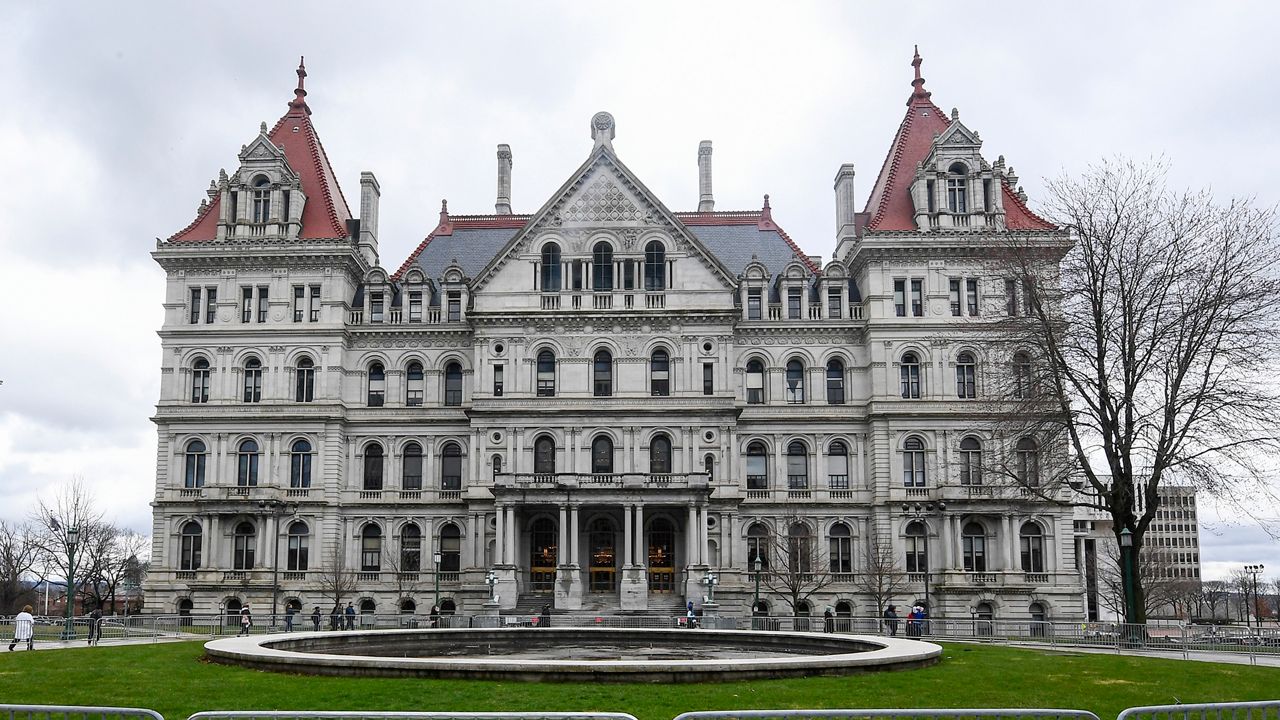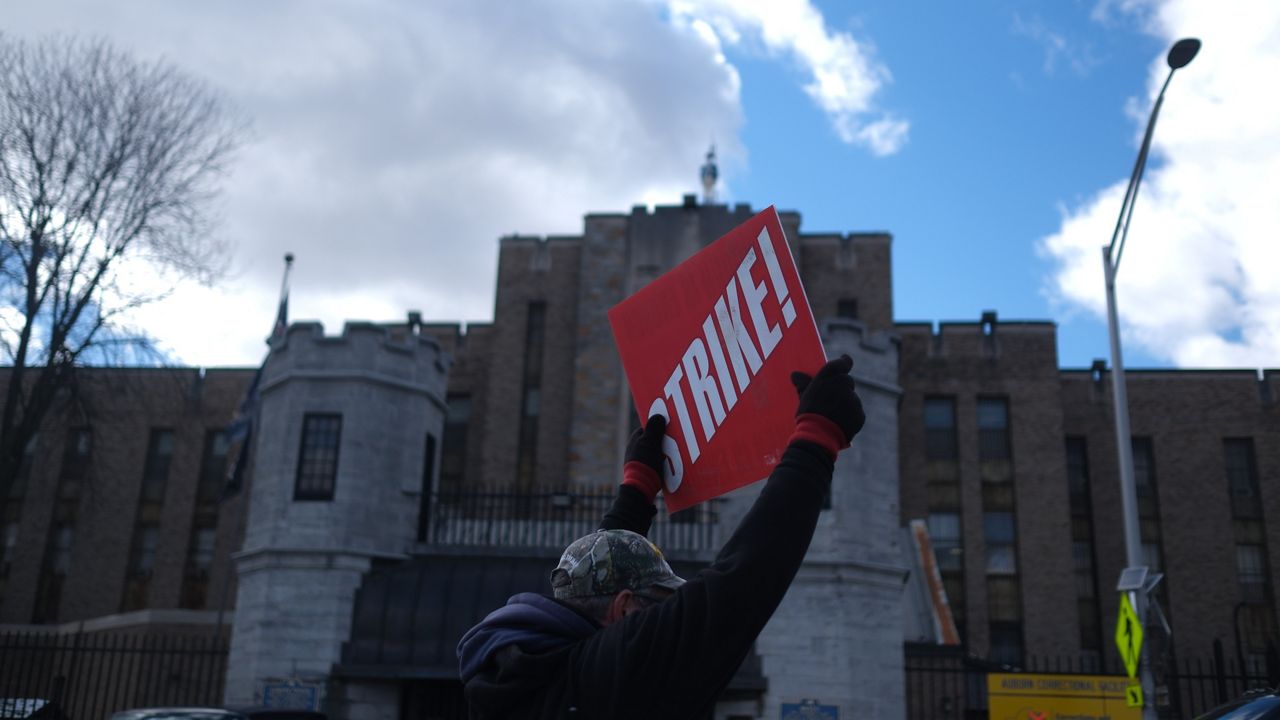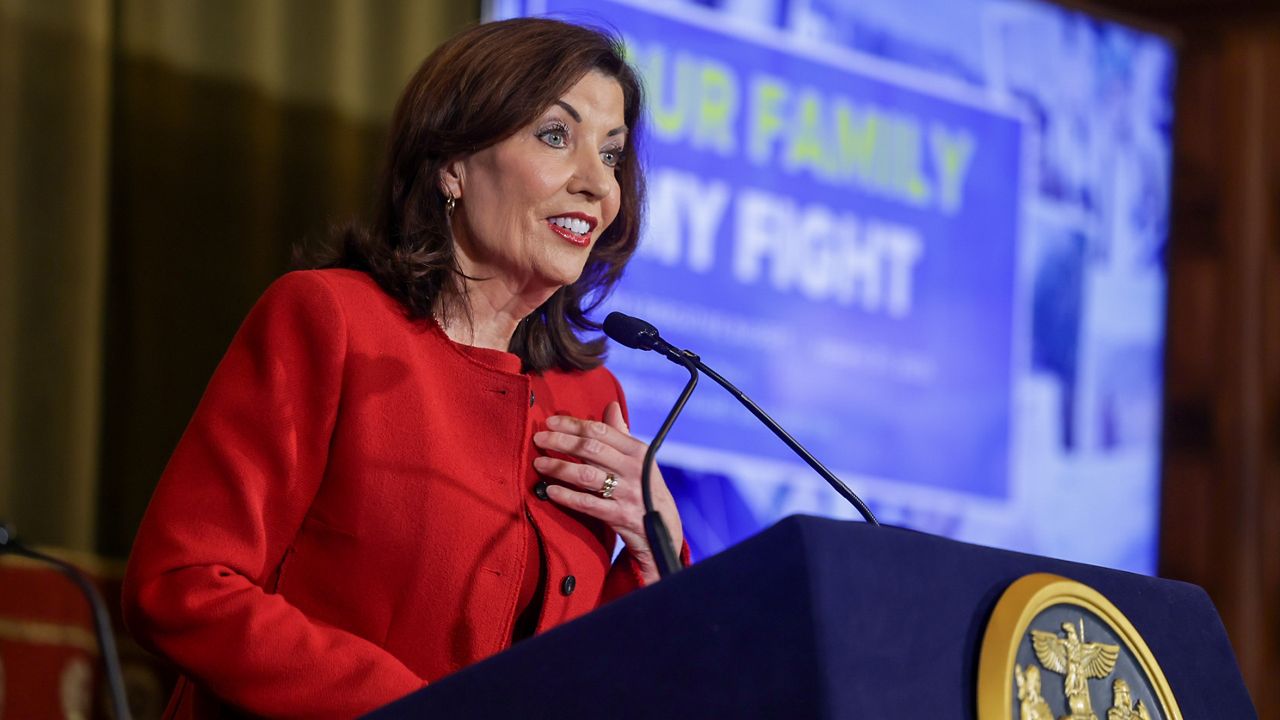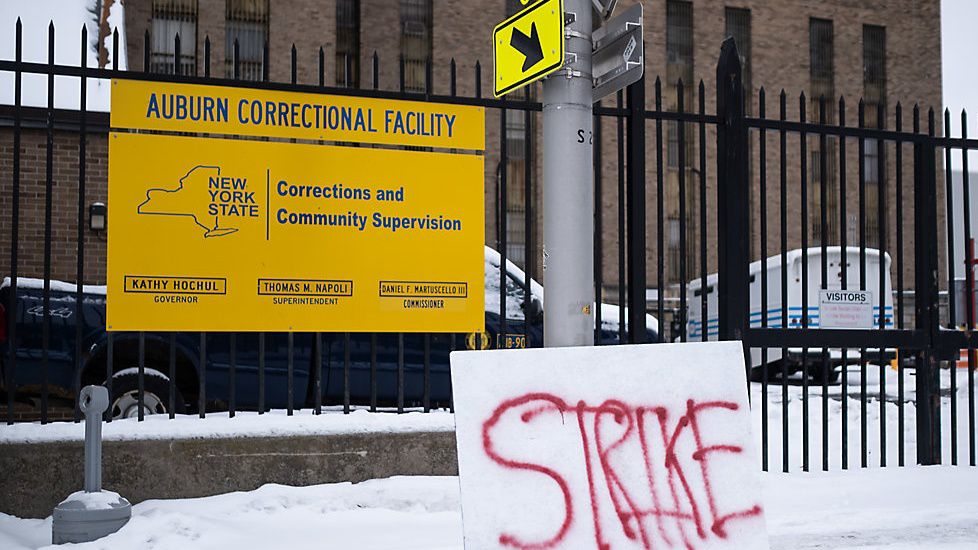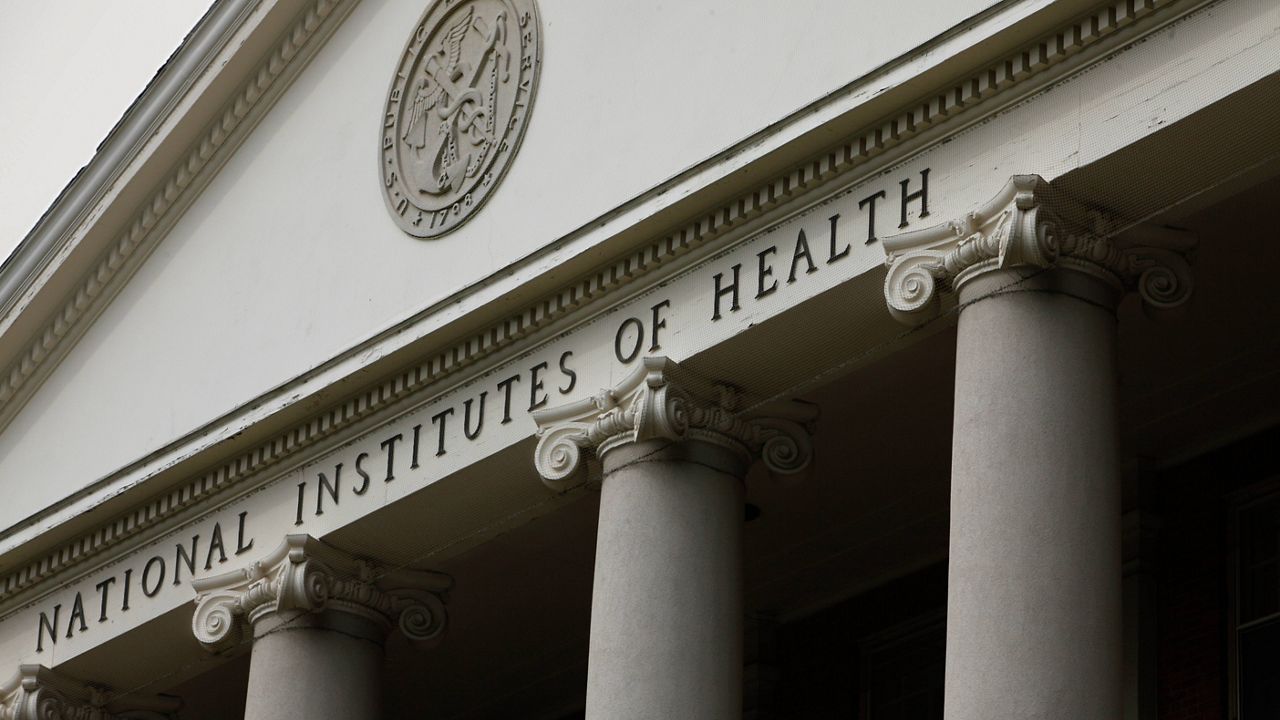New York state is facing a trio of pressures that could have wide-ranging consequences for the budget next year, according to a report released Tuesday by state Comptroller Tom DiNapoli.
Increased spending, combined with lowered expectations for taxes, are creating budget gaps spread over the next several years that combined will reach more than $36 billion. Tax collections, too, are becoming increasingly violatile and harder to predict going forward, DiNapoli warned.
Gov. Kathy Hochul's budget office in recent days has pointed to the more than $19 billion in rainy day funds set aside to offset the effect of a worsening economic picture for the state. The reserve fund has been sharply built up over the last several years after largely being ignored for the better part of a decade.
Still, the combined factors facing New York's budget could make for a far more contentious state budget season beginning next January than in prior years.
“The state’s fiscal outlook has changed considerably over the past year, and significant economic and fiscal risks could further upend the state’s finances,” DiNapoli said. “The Governor and the Legislature prudently increased New York’s reserve funds, but that cannot replace fiscal discipline or be relied upon to plug recurring budget gaps. While there is no quick fix, a proactive approach by state leaders to align recurring revenues with recurring spending could help preserve the economic competitiveness of our state and avoid cuts to critical programs New Yorkers rely on.”
Budget gaps, taxes and spending
Expected gaps in spending and revenue are growing. DiNapoli's report pointed to estimated gaps reaching $9.1 billion beginning next year and then $13.9 billion in the next. The expected gaps in spending are above projected levels over the last decade and a half.
Gaps are estimated using projected spending, which has steadily increased in recent budget years, as well as estimated tax revenue. Projected expenses for state government are expected to be increased by nearly $22 billion by the fiscal year beginning 2026, a 17.8% increase.
Meanwhile, taxes are becoming harder to predict. The state draws the bulk of its revenue from the personal income tax, which in the last decade has averaged more than half of all revenue for the state. New York lawmakers and governors over the last several years have agreed to increased tax rates on the richest New Yorkers, a relatively small percentage of people.
Relying heavily on the richest people to pay taxes makes the state's coffers vulnerable to stock market declines given many of the wealthiest filers have a much higher share of income drawn from capital gains, dividends and interest.
A report released a year ago found that between 2015 and 2019, a net average of 28,700 people who paid the personal income tax moved out of the state each year. Many of those filers were higher income New Yorkers.
There are further complications from an expected decline in Medicaid enrollment by about 1 million people to 6.9 million. But if enrollment does not drop as quickly, the state will face financial pressure as a result.
Meanwhile, federal pandemic aid, which provided a $12.7 million boost for the state and local governments, has dried up. The money over two years provided a boost for public health and safety as well as nearly $4 billion for nebulous government services.
DiNapoli's report warned a so-called "fiscal cliff" awaits New York if the money is tied to recurring spending.
Hochul confident in budget plans
Hochul on Monday touted the billions of dollars set aside for the rainy day fund using some budget surplus money.
"If we have a downturn, if we have a recession, we don't have to go back to the taxpayers," she told reporters during an event in Cooperstown. "I feel good about where we are. But I'm always cognizant of the fact that these are the taxpayers dollars and it's my responsibility to make sure we're fiscally conservative when it comes to protecting their resources."
Unlike the Legislature, Hochul will not have to run for re-election next year. That could give her less pressure to negotiate a tougher budget. Nevertheless, Democratic lawmakers may also feel pressure to extract their version of a spending plan for them.
Hochul this year resisted efforts to increase taxes on the richest New Yorkers while also geting victories on an increase in the state's minimum wage as well as bail law changes.
The contours of the budget debate will have to wait months to fully come into focus. But the negotiations may be even more rough-and-tumble than usual.




